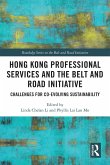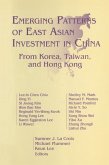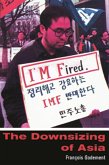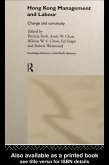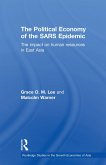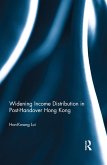In these papers I explore how foreign domestic helpers (FDHs, or OCWs, maids) have contributed, and continue to contribute, to the economic and social development of Singapore and HK, using primarily Filipina and Indonesian domestic helpers as a primary focus. I explore how government and economic policies and opportunities translate to the household level by presenting several case studies that support the general thesis that FDHs contribute a hitherto unrecognized added value. I argue that it was (is) not merely the sheer numbers of FDHs that enabled local (skilled) women to enter the economy; rather, and more importantly, FDHs not only contributed to general productivity but to productivity at a higher added value (and continue to do so). Thus, while local women should be recognized for their labour force participation and at a higher level, so too should FDHs who provided that opportunity for the former to do so, and thereby (indirectly) added substantial value to the economy. Finally, I suggest that the Australian Productivity Commission (Report, 2014) was moralistic and myopic, and I put forward a case for and a draft model for employing FDHs in Australia.
Dieser Download kann aus rechtlichen Gründen nur mit Rechnungsadresse in A, B, CY, CZ, D, DK, EW, E, FIN, F, GR, H, IRL, I, LT, L, LR, M, NL, PL, P, R, S, SLO, SK ausgeliefert werden.



